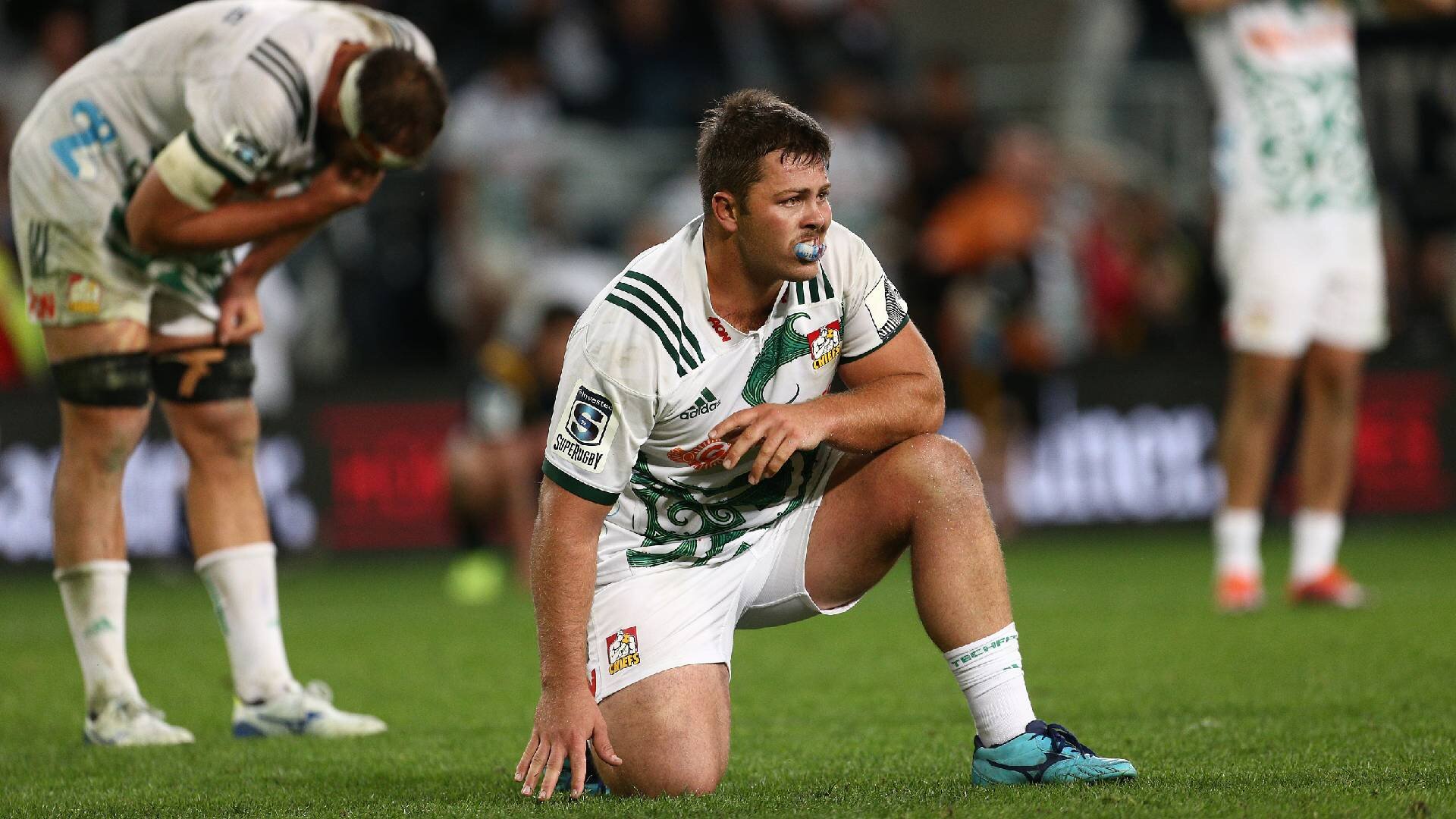Does SANZAAR need to introduce extra-time into Super Rugby?

Nobody likes a draw.
The fans hate it, the coaches hate it, and the players especially hate it.
Two teams crash and bash into each other and try to knock each other’s heads off for nearly an hour and a half, but at the end of it, nobody wins, nobody loses, and it never really does anything to improve a team’s standing within their respective competition.
One could argue that picking up two competition points from a draw is better than securing nothing from a loss, but no team goes into a fixture wanting to come out with a draw.
All 30 players on the park want to win, and so although a draw may be better than a loss, nobody is satisfied when they’re held to a stalemate.
That was the case on Friday night, when the Highlanders and Bulls played out a 24-all draw under the roof of Forsyth Barr Stadium in Dunedin.
Both teams went into the contest needing victory to, in the case of the Bulls, solidify their quarter-final position, or, in the case of the Highlanders, to push their case for a top eight spot, but neither came away with their desired outcome.
The intent and desperation shown by both sides to try and snatch a late, late victory four minutes after the final siren had sounded indicated the will both clubs had in trying to keep their season hopes alive, but the 15,123-strong crowd were instead left with the feeling that both sides had lost rather than gained anything meaningful.
The Bulls may have benefitted by the result slightly in that it pushed them up to fifth on the Super Rugby standings, but their inability to secure a win within 80 minutes meant they were still vulnerable to being overtaken by the Lions, Rebels and Sharks – all of whom can still surpass them – even though they managed to avoid defeat.
As for the Highlanders, their hopes of appearing in the play-offs for a sixth consecutive season have taken a massive dent, with the draw succumbing them to 11th spot, meaning they will have to beat the Waratahs with a bonus point in Invercargill next week and rely on results to fall in their favour.
The disappointment was evident from all involved in the post-match proceedings, with Aaron Smith and Handrè Pollard expressing their dismay immediately in the wake of the full-time whistle, while Highlanders head coach Aaron Mauger wasn’t much more impressed with the outcome during his post-match press conference.
Each team’s social media channels were flooded with a barrage of disparaging comments from fans aimed towards players, coaches and officials for their team’s incapability of notching up a much-needed win, and it’s not the first time this sort of dissatisfaction has stemmed from a draw in Super Rugby this year.
In fact, the 2019 season has had the most draws in Super Rugby history with seven stalemates to date, two more than the next most draw-filled campaign in 2011.
That means there have been six other matches this year that have ended in similar despair and discontent to the draw seen in Dunedin on Friday.
The volume of draws across the board is unprecedented, yet their impact has been severely underwhelming, so it begs the question as to whether the concept of extra-time needs to be introduced to Super Rugby.
Many other sporting leagues of much higher prestige than Super Rugby, such as the NFL, NBA and even the NRL in Australia, have implemented extra-time laws for the interest of their respective teams and fans.
Such rules would result in defeats for teams that are cruelly denied victory past the full-time hooter in regulation time, but rarely is anyone left as unsatisfied in tournaments with over-time laws as those involved with Super Rugby have been this year.
There are plenty of extra-time rulings across the world – the NRL applies a golden point rule, which the NFL has a variation of, while the NBA forces teams to keep playing deep into the match until a winner is found.
It’s no surprise that these three leagues have earned more positive reputations – to varying degrees – than Super Rugby, and although it would be stupid to suggest these superior reputations within the global sporting sphere were built solely on their extra-time laws, it certainly adds credibility to those competitions which Super Rugby seemingly lacks.
This week, there are a quartet of Super Rugby fixtures between eight teams vying for four post-season slots.
The effect of a draw could bring any one of those eight teams’ campaigns to a standstill, and without being offered the chance to resurrect their season hopes after the mandatory 80 minutes, any scoreline that cancels itself out this weekend can again be expected to bring with it a raft of grievances directed at players, coaches and officials.
For the sake of all teams that still possess play-off aspirations, and their fans, the sooner that extra-time is brought into Super Rugby, the better it will be for the competition as a whole.
In other news:










































